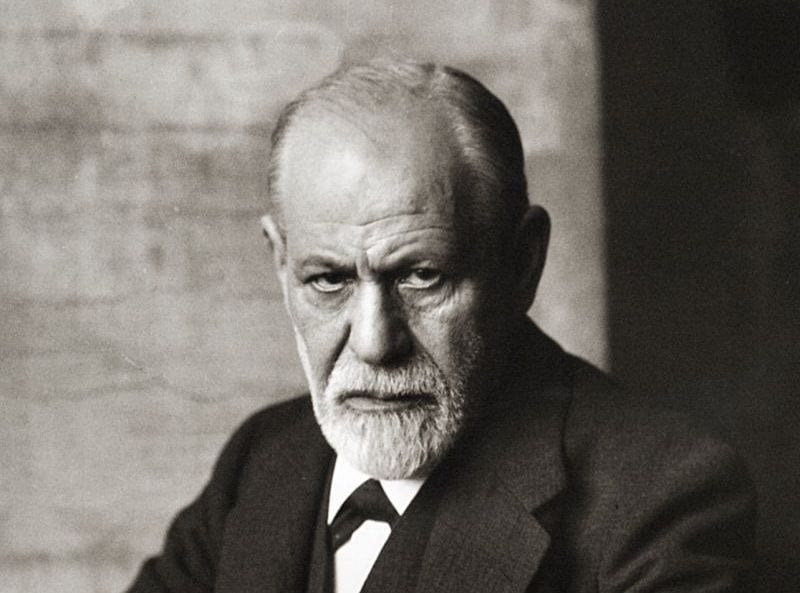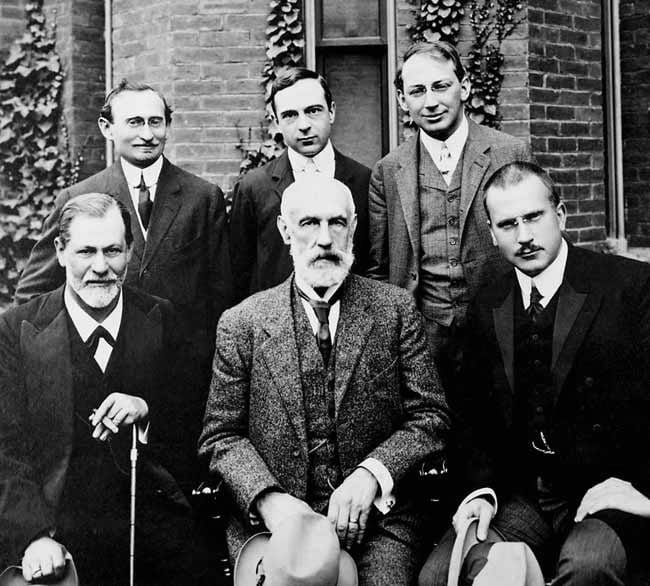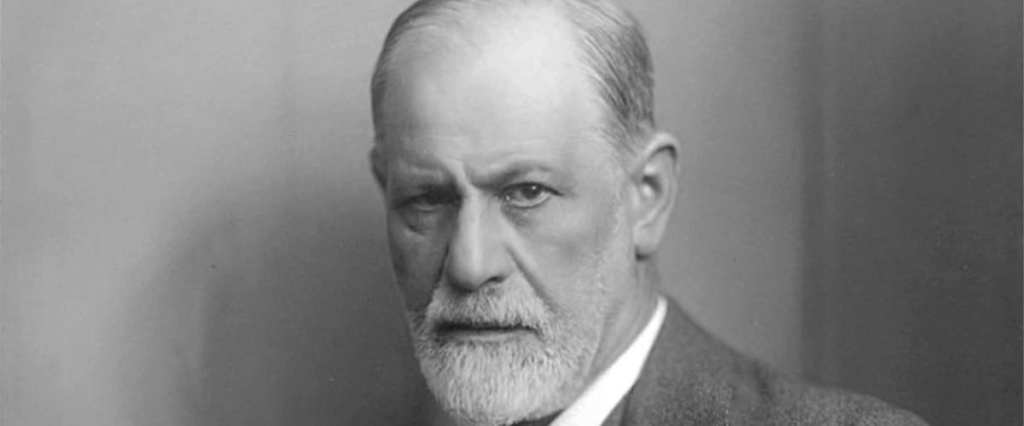As a boy in Austria, where anti-Semitism was alive and growing, Sigmund Freud nurtured a deep love and admiration for the United States. It had begun with a reading of the Gettysburg Address–Lincoln’s ideas about liberty and equality inspired him so much he used to recite it to his sisters–and he spend years going to sleep each night beneath a framed copy of the Declaration of Independence.
Though, like many Europeans, he began to develop prejudices against the States that included the idea that Americans were backward and uneducated, Freud’s youthful passion proved too strong to extinguish, and when he received an invitation to speak at Clark University in Massachusetts in 1908, he couldn’t say no.

Photo Credit: Wikimedia
The series of lectures would mark the university’s 20th anniversary, and G. Stanley Hall, the president of the American Psychological Association, also offered Freud an honorary doctorate on the occasion. He would also be paid $750 (round $20,000 in today’s money), and the opportunity was hardly one Freud could pass up, as he wrote to his friend Carl Jung.
“This has thrilled me more than anything else that has happened in the last few years.”
Even though Freud had achieved only modest success in Europe, he was at first surprised and delighted to find that psychologists in America were not only acquainted with his work, but were lecturing on it as well. Another surprise? Even in “prudish America” academic circles allowed him to “freely discuss and scientifically treat everything that is regarded as improper in everyday life.”

Image Credit: Wikipedia
He recalled his American lectures as “the realization of some incredible daydream: psychoanalysis was no longer a product of delusion, it had become a valuable part of reality.”
That’s where his positive reactions to America as a whole ended, though, and by the end of his three-week trip, he would have come to hate America with a passion at least equal to his fascination with her as a child – an abiding resentment that would last the rest of his life.
His first complaint was the food.

Photo Credit: Lily Banse on Unsplash
he had an attack of colitis that lasted the entire trip, which he blamed on culinary “savages” and meal after meal that he believed inflamed his stomach. Related issues with finding public restrooms also earned his ire.
“They escort you along miles of corridors and ultimately you are taken to the very basement where a marble palace awaits you, only just in time.”
Next on his s*it list? A Niagara Falls tour guide who referred to him as “the old fellow.”
He also suffered from insomnia, which he blamed on American women, whose dress and mannerisms were giving him erotic dreams that made it impossible to sleep.

Photo Credit: Sharon McCutcheon on Unsplash
He confided as much to Jung, saying that he “hadn’t been able to sleep since he came to America” because he “continued to dream of prostitutes.”
Being married, he took offense to the suggestion that he take measures to simply alleviate the, um, backup.
He also took offense to the informal preferences of many Americans, who chose to address him by his first name, as well as the fact that boys and girls were educated alongside one another in most institutions.
“The girls develop more rapidly than the boys, feel superior to them in everything and lose their respect for the male sex.
[American women] lead the men around by the nose, make fools of them, and the result is a matriarchy
…in Europe, things are different. Men take the lead. That is as it should be.”
I can’t help thinking that his ideas would surely go over like a lead balloon were he to lecture in the States in 2019, but you know, times change and all of that.
His influence during the 20s, however, saw his notoriety skyrocket in America, even if he never deigned to return to enjoy it in person. His resentment never abated; he blamed personal problems on his trip abroad and railed against the States’ “present cultural state” and how it was a “damage to civilization.” telling his friends that “America is a mistake; a gigantic mistake it is true, but none the less a mistake.”
I know plenty of people would disagree, but also…some that might not. But there is one thing that’s for sure – we definitely didn’t impress Freud!
But, you know. Maybe that’s not such a bad thing, either.






